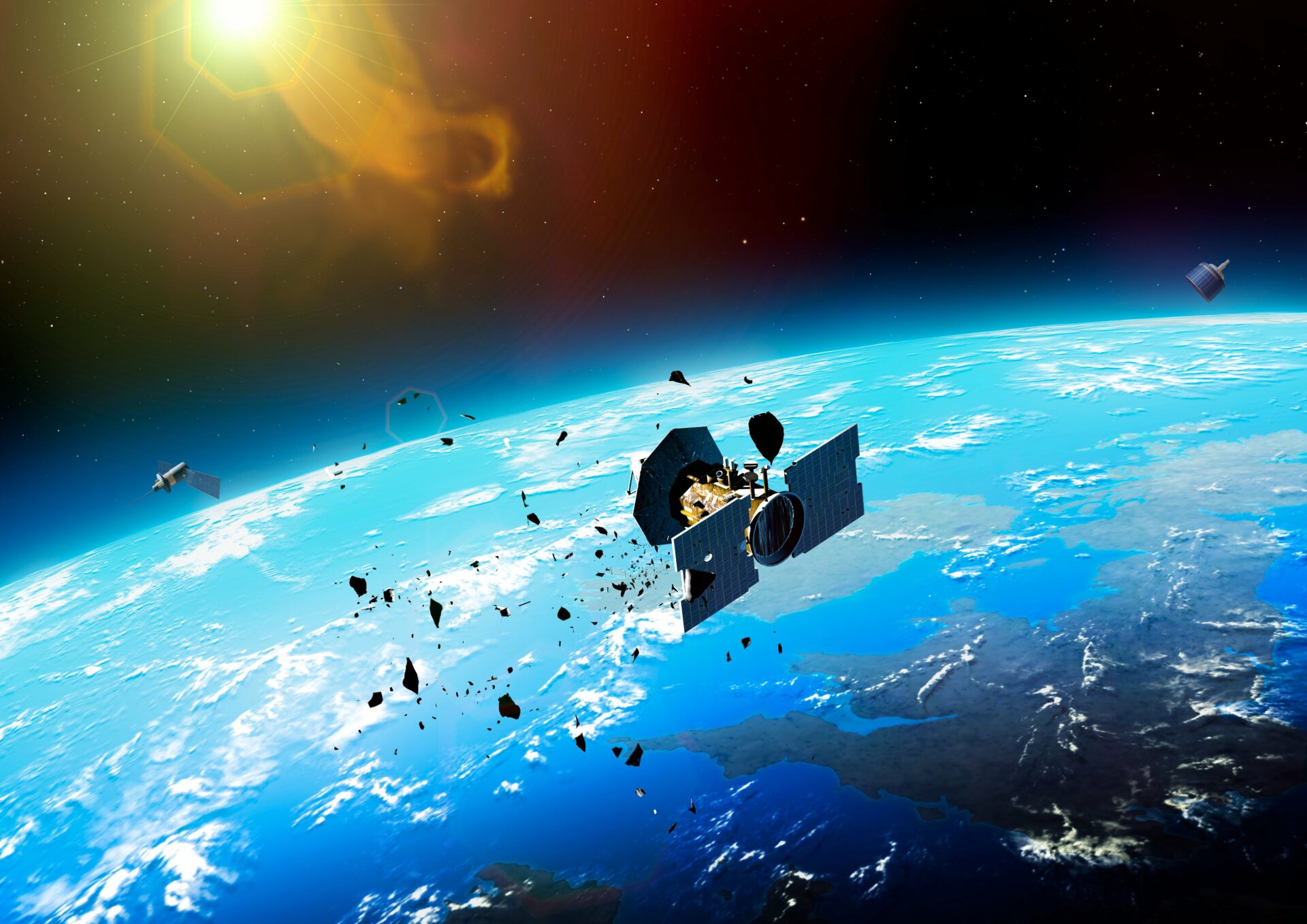According to a recent study, climate change caused by active carbon dioxide emissions slows down the Earth’s ability to self-clean the upper atmosphere. Because of this distortion, low-orbit satellites experience less resistance, which leaves them in low-Earth orbit longer than is provided for in the manufacturers’ plans.

At first glance, this may be great news for companies that want their spacecraft to stay in orbit as long as possible. But there is one problem: the inability to self-clean – the result of excess CO2, which reduces the density of the upper atmosphere – also means that dangerous space debris also stays in orbit longer.
“Space debris is becoming a rapidly growing problem for satellite operators due to the high risk of collisions. Therefore, a decrease in the upper level of atmospheric density exacerbates the problem,” explained Ingrid Cnossen, a researcher at the British Antarctic Survey and author of the study.
The study, published in the journal Geophysical Research Letters, used research models of the entire atmosphere to determine how the region covering an altitude of 90 to 500 km from the Earth’s surface has changed over the past 50 years. Scientists also tried to foresee changes in the next 50 years.
Cnossen’s research supports the belief that, despite the reputation of greenhouse gases heating the Earth’s surface, they actually have the opposite effect on the atmosphere. As these CO2 particles absorb the limited available heat, the atmosphere contracts and cools, which ultimately makes the orbits of satellites smoother and longer, and also accumulates debris caused by spent spacecraft that should have burned long ago.
While satellite manufacturers may be happy to see some spacecraft last longer than expected, in the end everyone will lose out if the accumulation of space debris gets out of control. It will be difficult for the new satellites to operate in an area that could become a low-orbit cemetery, and people on earth and in space could face life-threatening consequences.
Earlier we reported on how dangerous uncontrolled falls of rocket stages are.
Follow us on Twitter to get the most interesting space news in time
https://twitter.com/ust_magazine

